One of the first times I was recognized for something artistic was when I got published in my primary school magazine. I was in art class and the teacher had let us know that one of the drawings from that session would be featured in Small Talk. We were tasked to draw the school and my triangle on top of the square was chosen.
Another year, my school hosted a contest for a malaria awareness campaign. I coloured a mosquito brown and won a Walkman for having the most accurate image of a mosquito while my peers had fun creating multicolour mosquitos. I was proud of having won something but there is something very unfulfilling about knowing I got the 3rd place prize for work that lacked any creativity. I remember my dad had gotten me a “How to Draw Animals” book and I followed it persistently until I learned to draw a swordfish. I was not a prodigy, gifted with natural abilities that surpassed those around me. I was mid, but I was free. Free to learn and acquire the skills to do the things I fell in love with.
This is a newsletter about skill.
When I learned about the concept of perfect pitch, I felt that it was unfair (I still do). Someone could be born with an innate ability that made them naturally better than other people at music. It would have made making beats easier and perhaps saved me from the negative comments I got early on.
There are things I want to do that I don’t have talent for and growing up in a world that only nurtured a specific range of abilities1, I thought of myself as completely talentless. We know that is not a healthy way of thinking. In my competitiveness, I was either going to get good (through sheer effort) or quit (pretending like I didn’t care anyway). To this day, I struggle with questioning my own ability. As someone who is far from being a prodigy, I came to appreciate the stories of those who got far by learning and growing. Maybe that’s where my love of shonen anime came from.
I recently read Ping Pong by Taiyo Matsumoto. It’s a manga about high school table tennis players figuring out their place in the sport. I recommend watching the anime. In it, there is a character introduced: Sakuma Manabu (Nicknamed Demon). He is a player on a highly respected team and a childhood friend of the story’s protagonists. He has astigmatism and lacks the natural aptitude for the sport but passionately trains to the level of elite players.
In his competitiveness, he challenges one of the protagonists: Tsukimoto Makoto. Tsukimoto is the definition of balancing innate ability with skill. The man ends with an interesting question: are effort and skill enough to make up for a lack of natural ability?
This character’s story was contrary to the idealism of hard work over everything. Tsukimoto himself was not the pinnacle of natural talent but this was the end of the road for Sakuma. It was not the end of his passion for the sport though. He quit playing but after his crash out, he came back around to support the players he respected. Sakuma is an interesting case study and I believe a bit of an extreme case. It is also very different because, in art, there isn’t just one winner. He found his place in the world of Ping Pong, though through pain. Sakuma was not talentless. His resilience is a talent in itself and it took him very far. He developed his own playing style! I believe that it is important to respect our limitations and discover what we are not good at as we discover what we are good at.
Sidenote: In order not to keep this too long, I’ll be exploring the antithesis of Sakuma next week. A case of natural talent not being enough.
On my journey towards creative mastery, I tend to fall somewhere in the middle with most things—being able to learn quickly and start making things. Photography came naturally; Illustration has been an uphill battle. I am learning to work WITH my limitations as I wrote about in a previous newsletter. The route of the non-prodigy (i.e. most of us) is one of learning and growing. Contrary to what my insecurity suggests, I don’t believe I was born with no talent. It would be arrogant to think that my efforts alone took me this far. We have limitations, but we also have abilities. The sum of all that leads to the good work we do.
Some Things I’m Enjoying Lately
I volunteer with a non-profit called HOPE worldwide Canada, and every year, we run a major fundraiser called HOPE in Action to raise money for various local and international programs. This year, in Winnipeg, we are raising money to run a day camp for kids in foster care over the summer. If you would like to learn more or donate, you can do so here.
I feel like Master of Some is kind of becoming a manga newsletter lol. I have been reading Mob Psycho 100 and Kaiju no. 8. Great manga. Does anyone have tips for maintaining an expensive hobby without going broke?
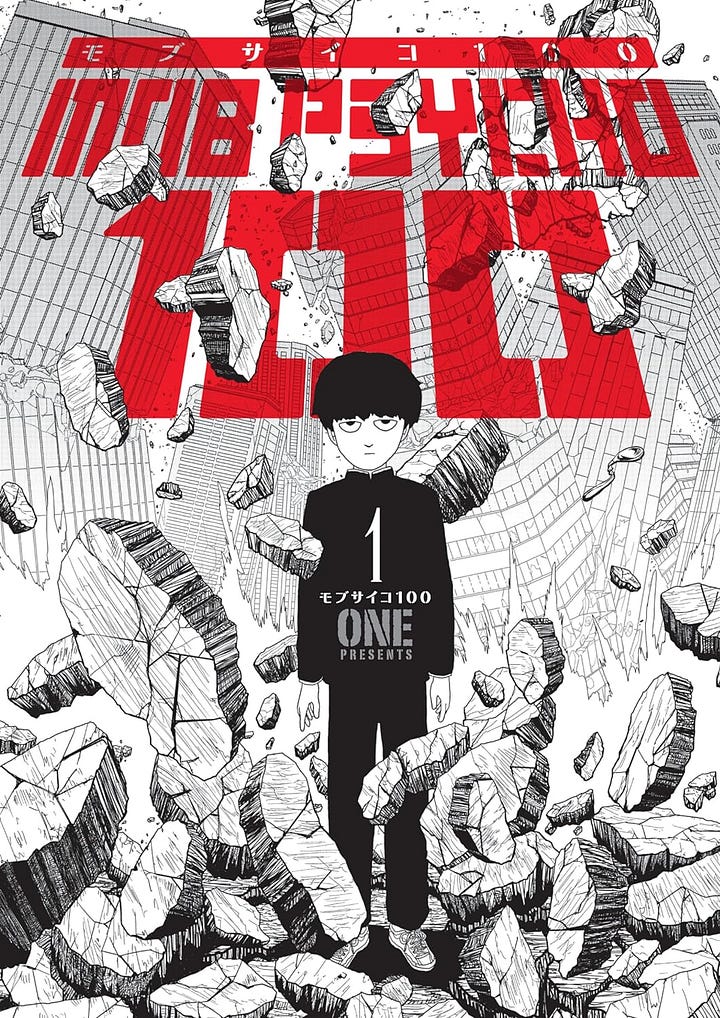
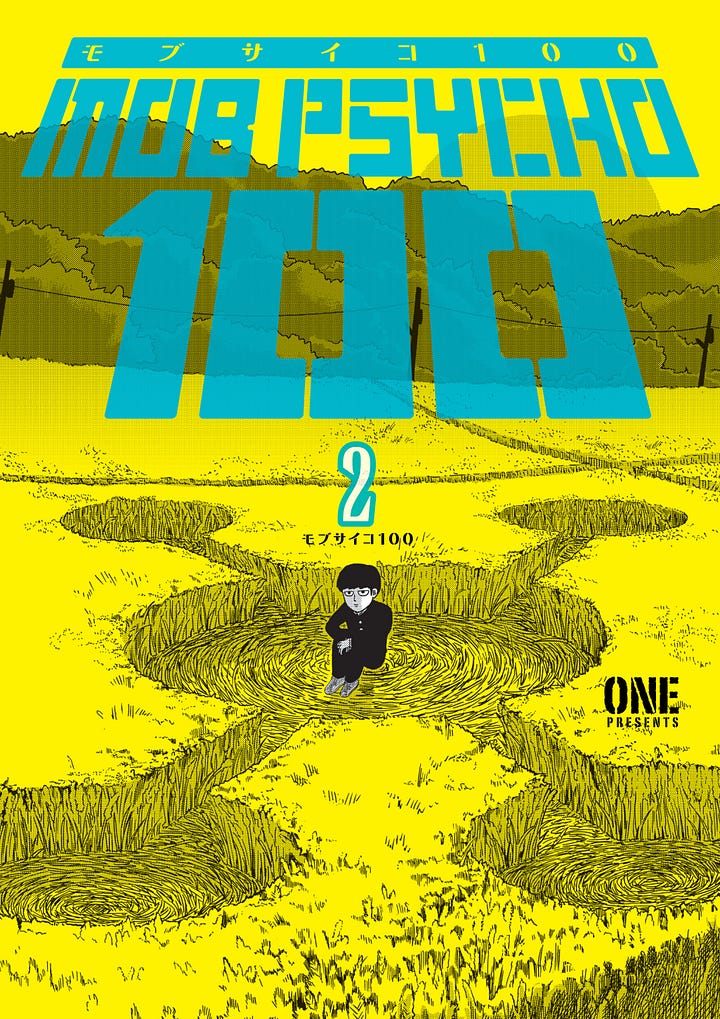
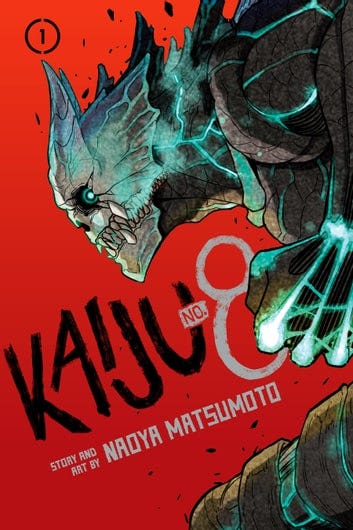
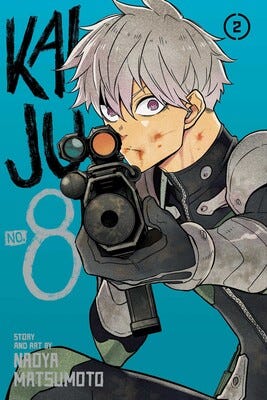
I saw the aurora this week.
We went out to the park on Saturday to throw a frisbee around a massive field. It doesn’t sound like much but it was a great time.
Feature Works:
The Nigerian education system does not prioritize fields outside medicine, engineering and law as much.





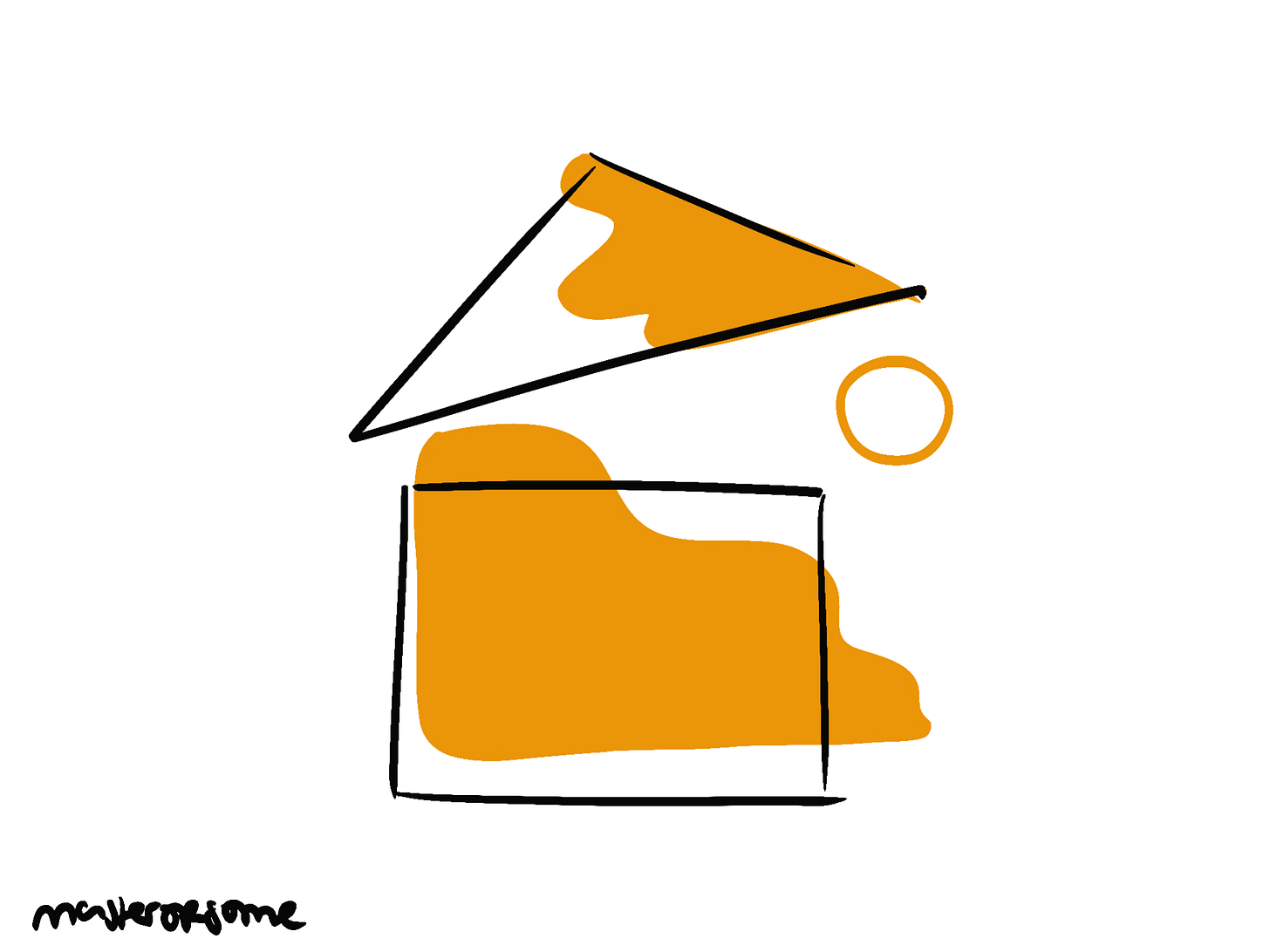
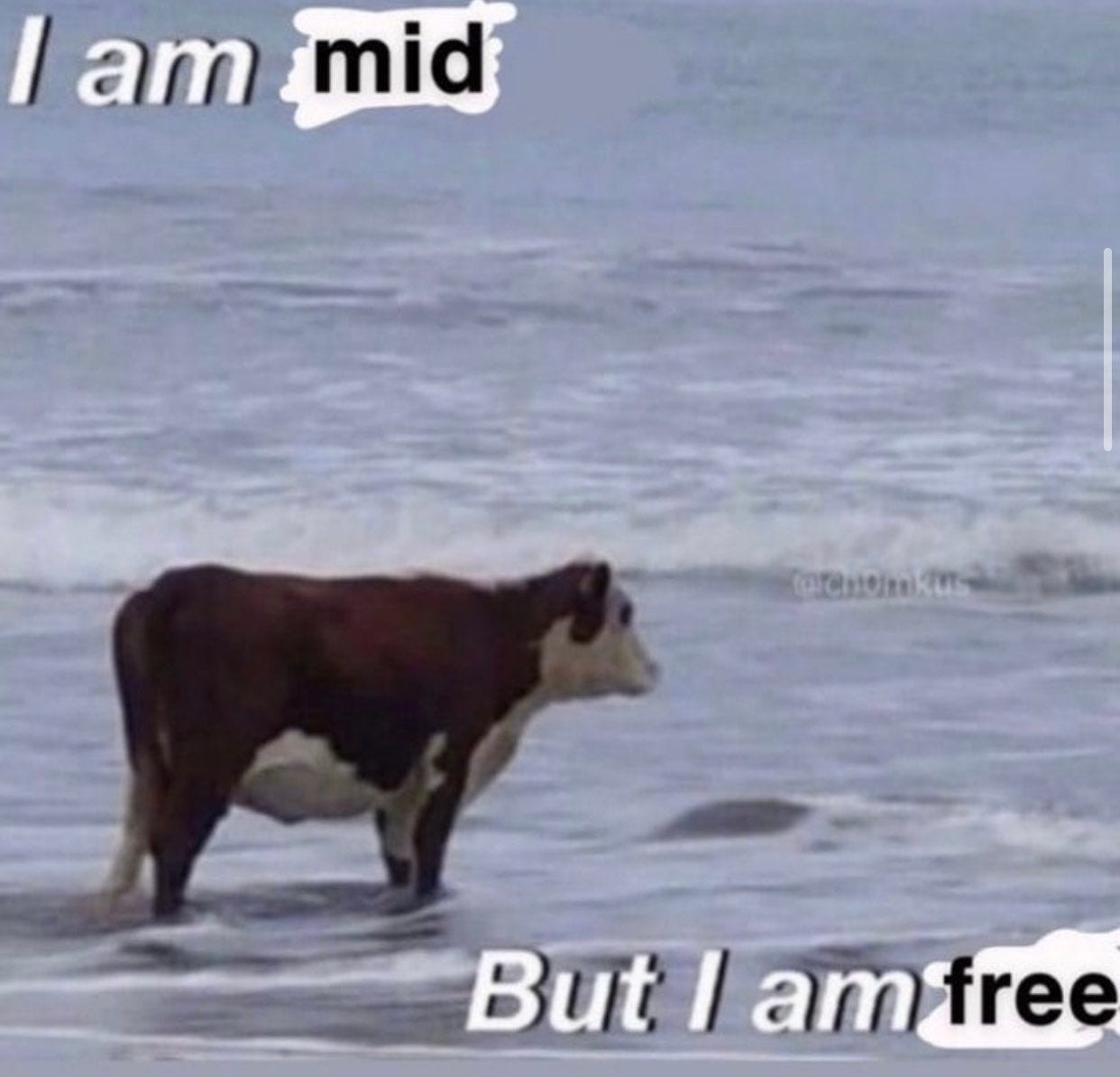
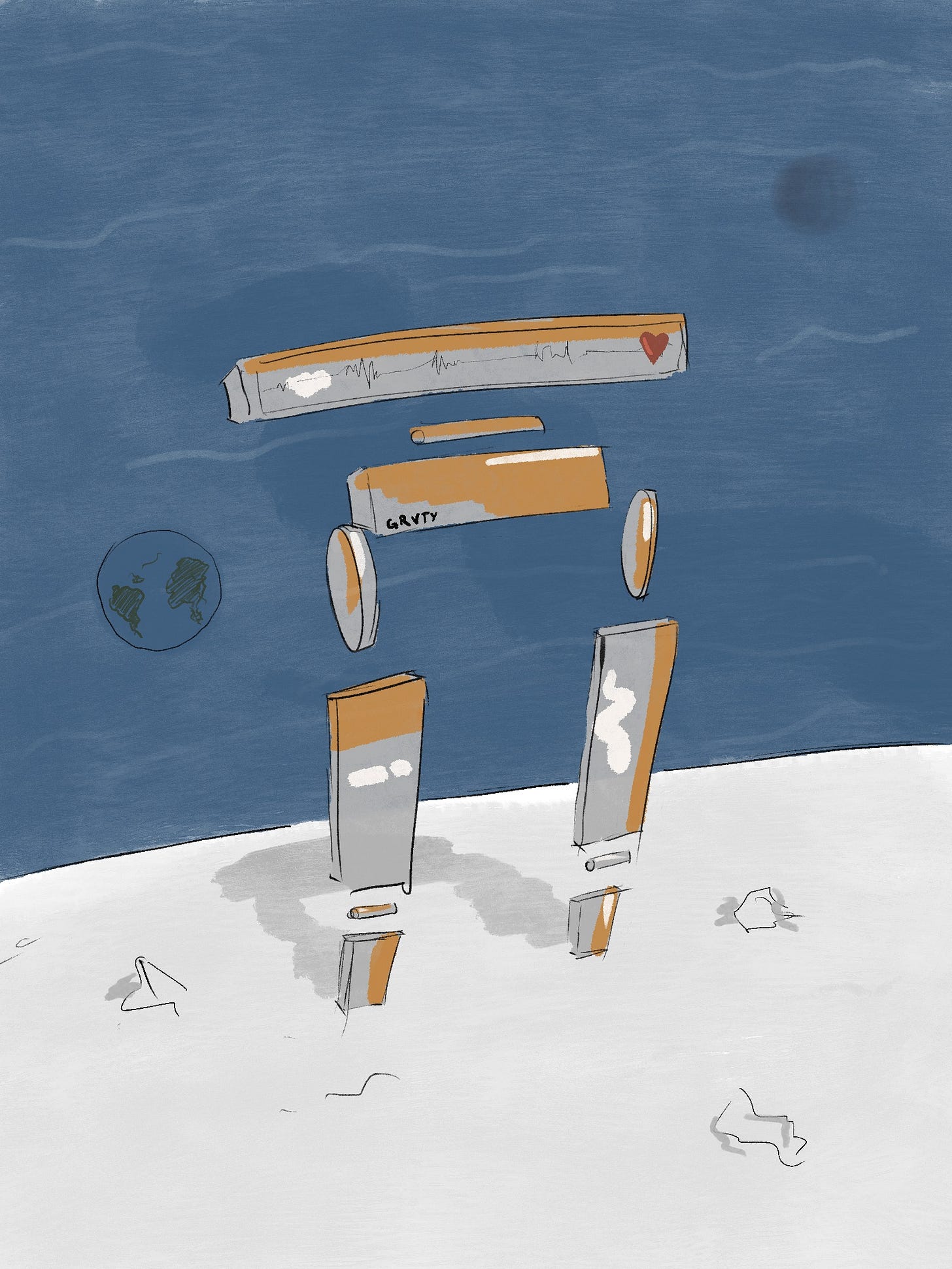
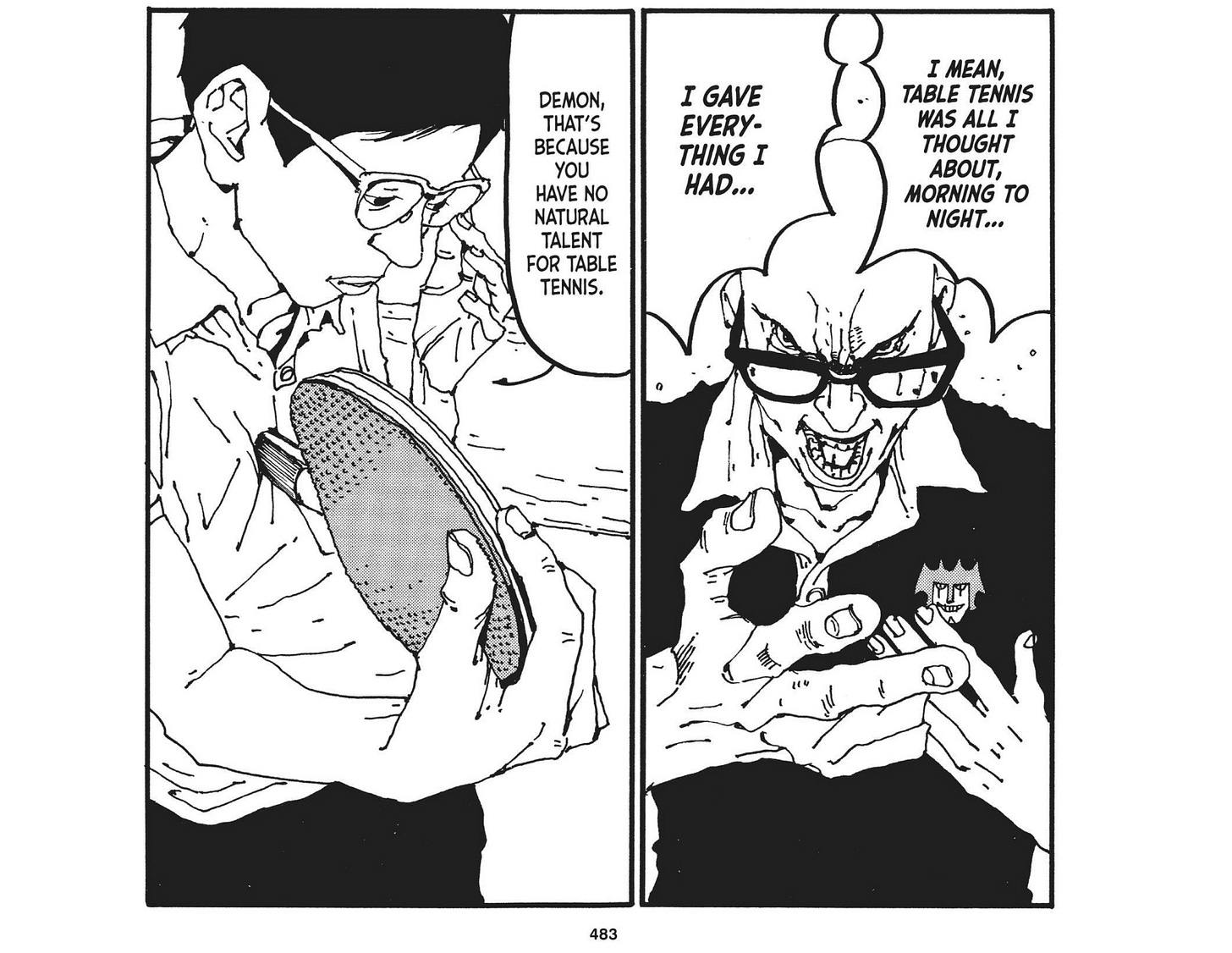
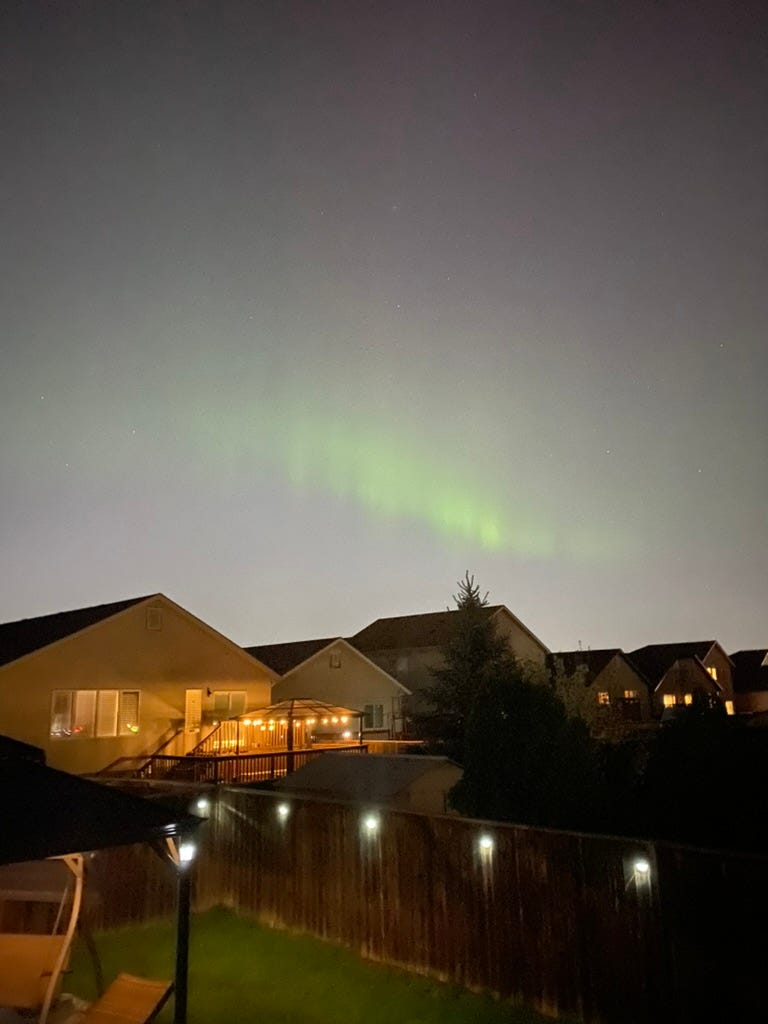
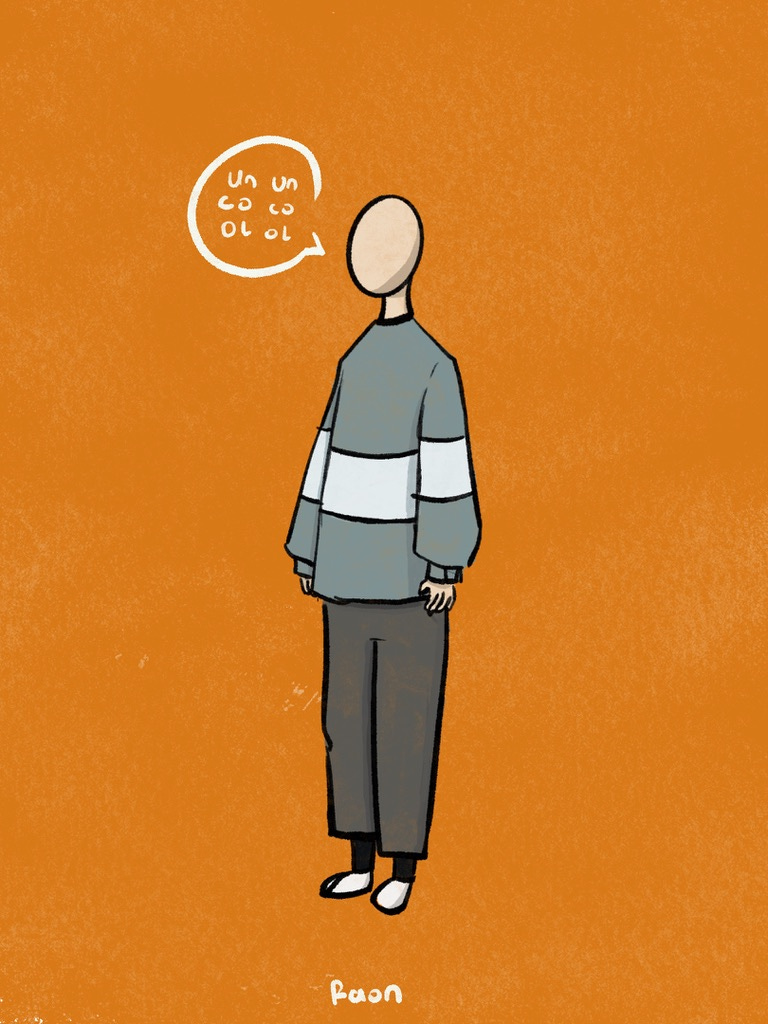
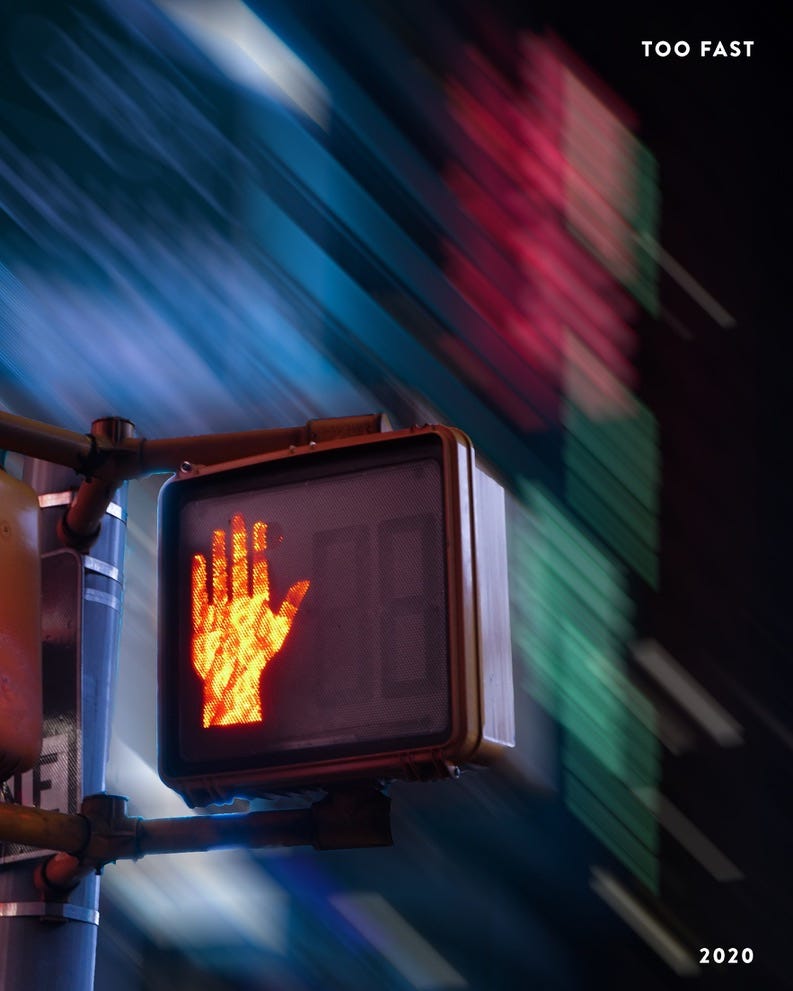
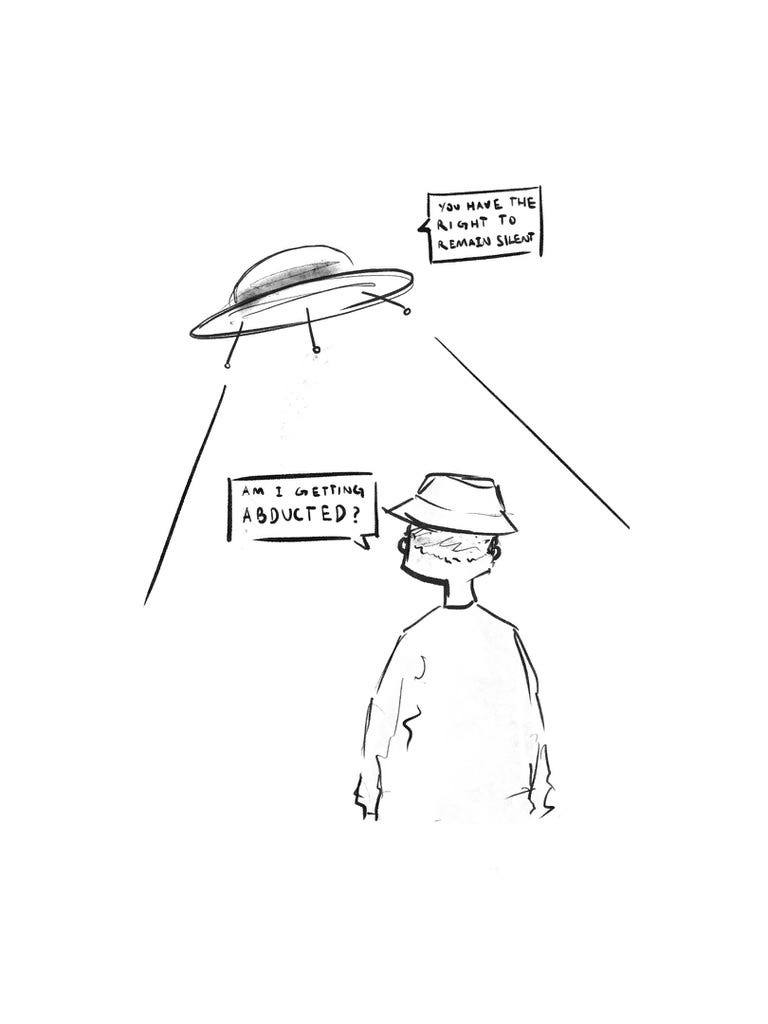
I love the conversation about talent vs. effort (and for most of us it’s a combination of both), and it’s interesting that here in the states, if you show talent for anything while young, you’re encouraged to pursue that at the expense of other mediums/forms. Or, we’re discouraged from pursuing avenues we don’t have talent in: “that’s just not you’re thing.” It’s disheartening, for sure, and often something we end up unlearning as adults.
It's interesting to see this concept play out with my kids.
My 7 yo oozes artistic taste as well as a natural understanding of pitch and rythm. My 4 yo follows along and creates beautiful work but her athleticism is clearly distinct from kids her age as she can already do pull ups, push ups and upside down push ups.
My wife and I affirm every aspect of them but it's amazing to see their abilities and interests line up at this point.